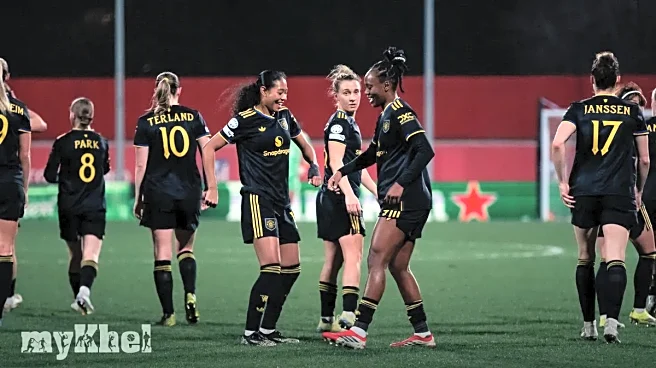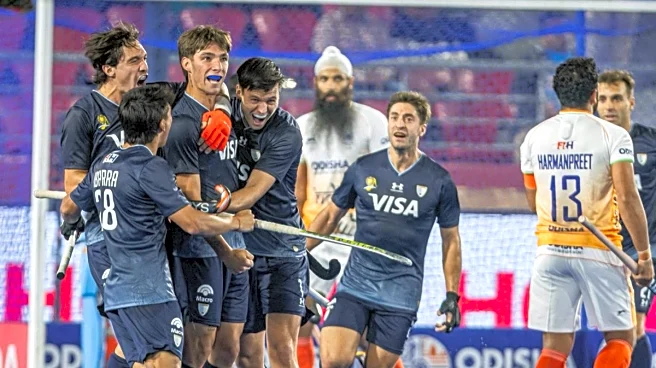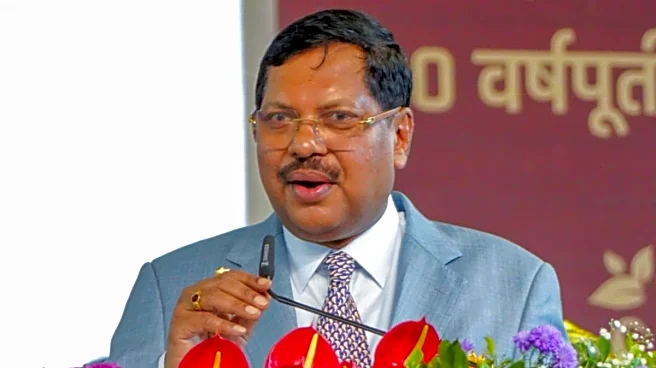The Indian Army and the civil administration came together in Pune this week for a unique training initiative aimed at building stronger cooperation between the two pillars of public service. The Shivneri Brigade, under the Southern Command, in partnership with YASHDA, launched the second edition of the Civil–Military Fusion Training Capsule for Maharashtra Public Service Commission (MPSC) probationers.
The week-long programme, which began on 27 November, brings together 144 young officers — 108 men and 36 women — who will soon take up key administrative roles across Maharashtra. Their interaction with Army personnel is designed to help them understand how both institutions can work together during emergencies, natural disasters and major public
events.
The focus of the training is simple: improve coordination, build trust and help future administrators understand the military’s role beyond the battlefield. Sessions through the week offer glimpses into Army discipline, decision-making, crisis management and the ethos that guides soldiers in safeguarding national security. For many probationers, it is their first close engagement with the armed forces, and the experience is shaping their understanding of what coordinated governance looks like.
With a strong representation of women participants, the programme also mirrors India’s push for more inclusive leadership across sectors. Officers said the training is helping them appreciate the value of clear communication and shared responsibility — two elements crucial during high-pressure situations such as floods, law-and-order challenges or large-scale evacuations.
Army officials noted that the capsule is part of a broader effort to build a seamless partnership with civil authorities, ensuring faster response and better outcomes during crises. Lt Gen Dhiraj Seth, GOC-in-C Southern Command, praised the initiative, calling it a benchmark for collaborative leadership. He said such platforms strengthen national preparedness and ensure that both civil and military institutions can act as one team when the nation needs them most.
As the programme concludes, participants carry forward not just lessons in crisis coordination, but a renewed respect for the men and women in uniform — a step toward a more integrated approach to governance and national service.
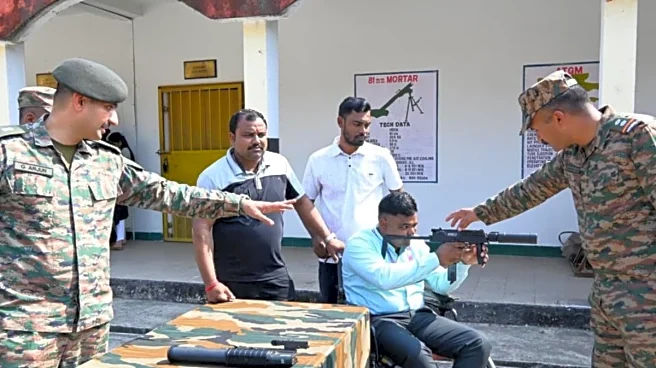

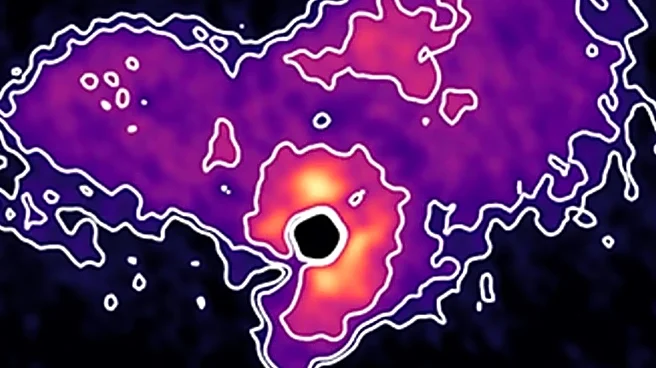
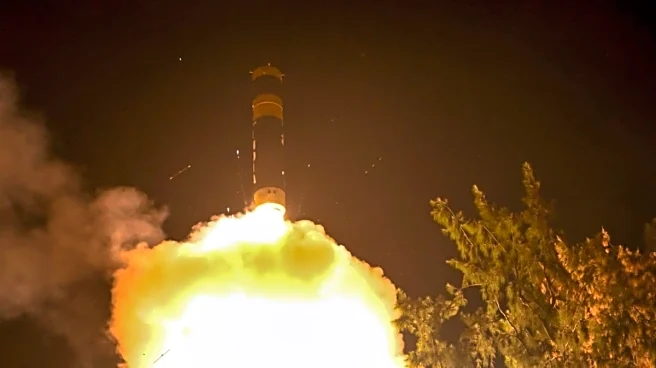
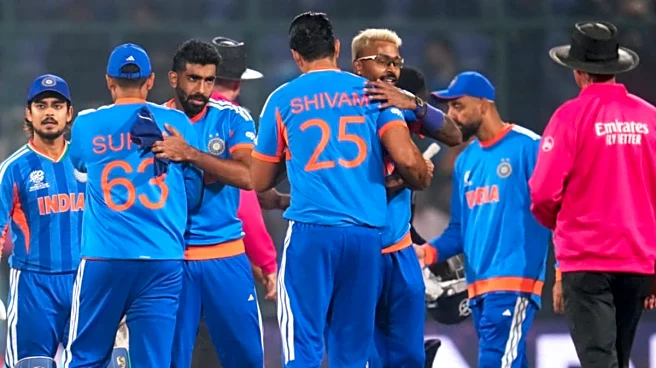
/images/ppid_59c68470-image-177094509331581965.webp)

/images/ppid_59c68470-image-177094504615411398.webp)
/images/ppid_a911dc6a-image-177094403738091205.webp)



